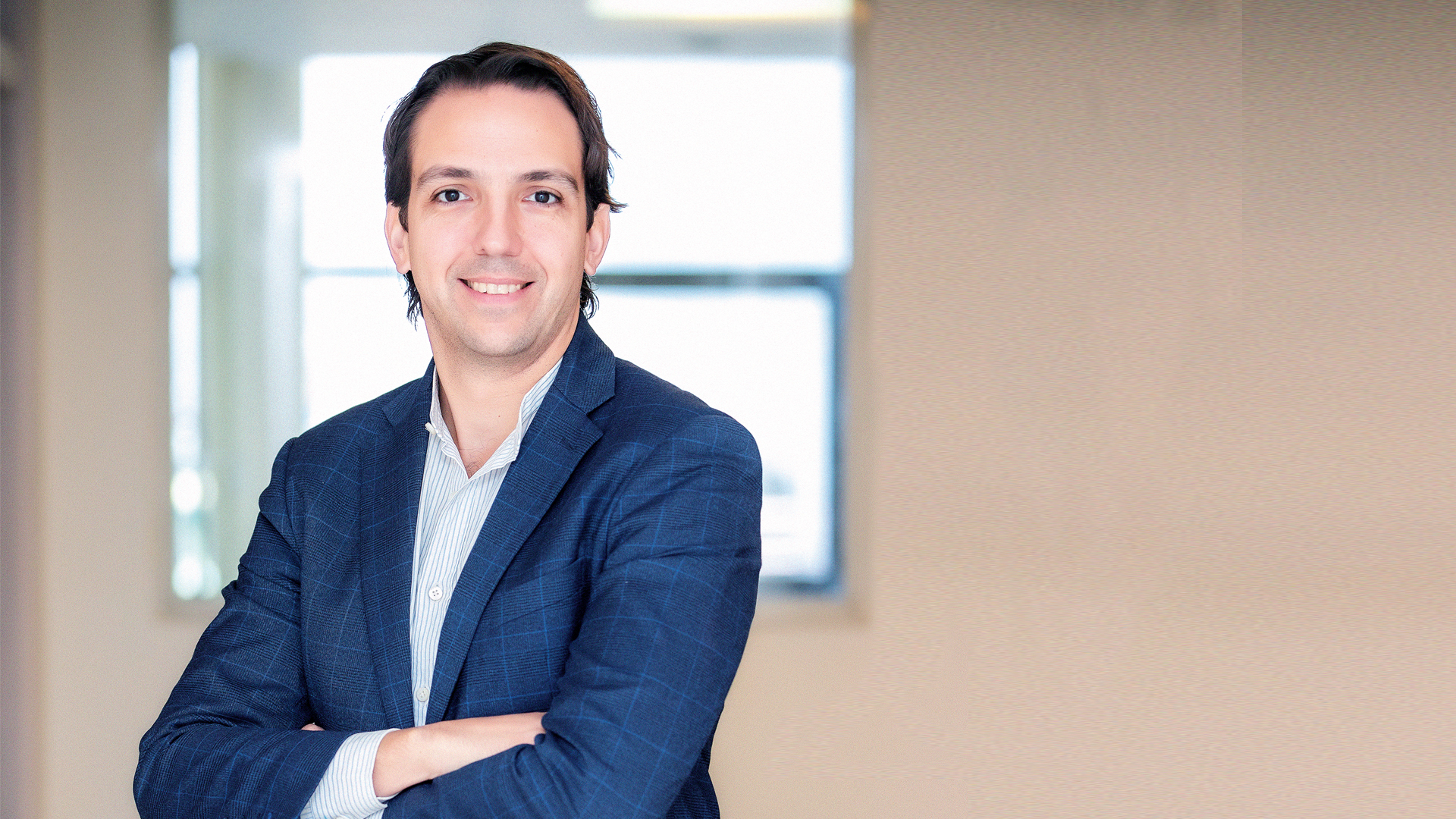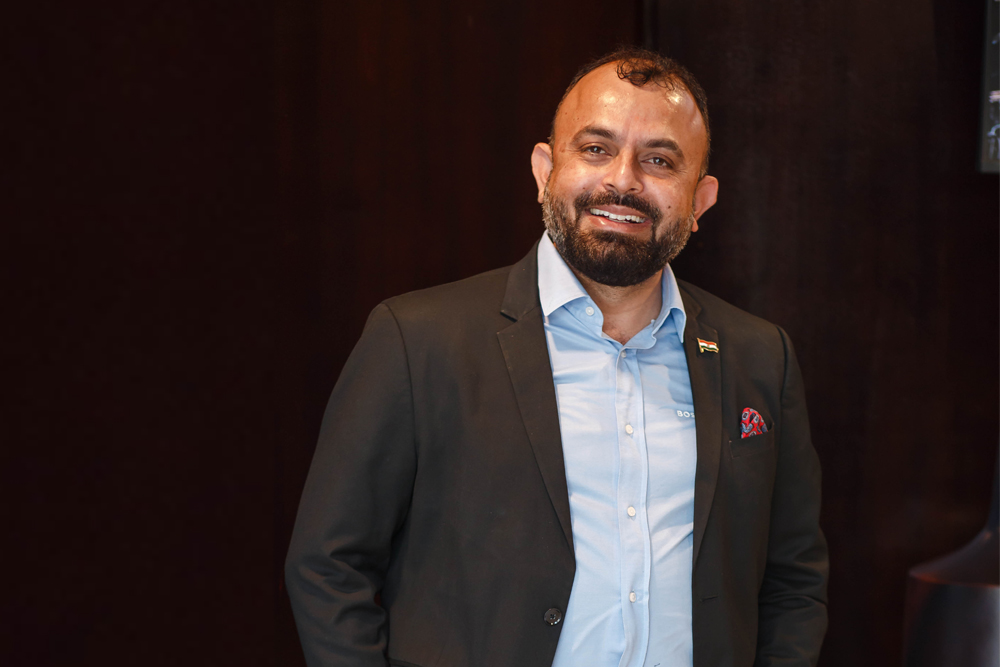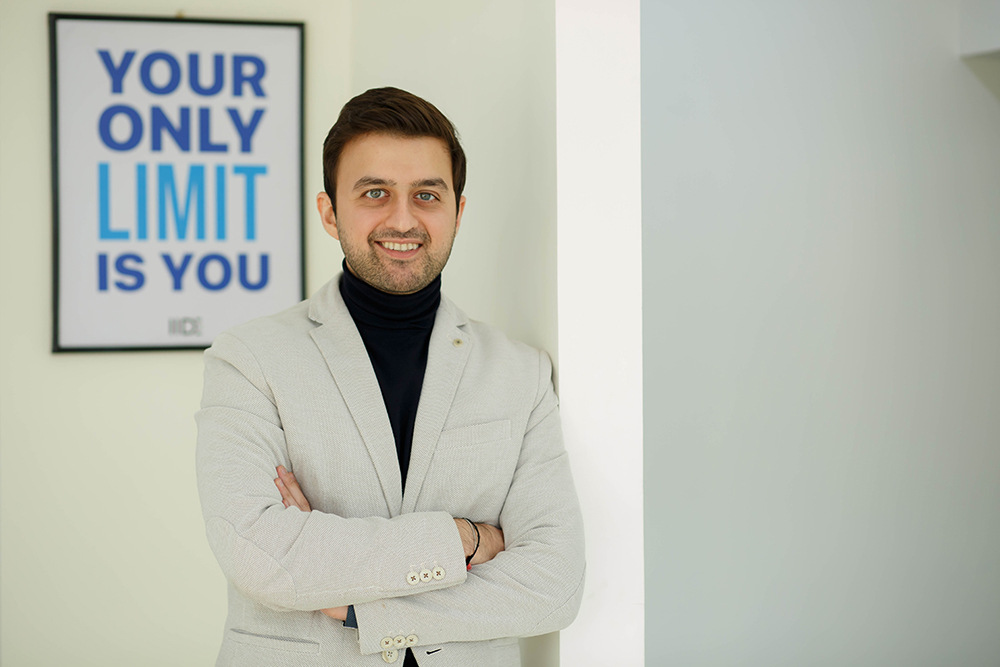Dr Bertram C. Bruce s a Professor Emeritus in Information Sciences at the University of Illinois at Urbana-Champaign (UIUC). A champion and relentless advocate of progressive education, Bruce’s work focuses on inquiry based learning, community inquiry, and information and communication practices that help people in communities learn and work together.
Building on a background in computer science, he has a continuing interest in the promise and perils that information and communication technologies offer for understanding, representing, and transforming our lived experiences. Over time this interest has led him to explore a variety of questions regarding the nature of knowledge, democratic participation, community, technology and literacy.
Bruce continues to teach short courses in the US and abroad. His research goals include contributing to the concept of democratic education i.e. the development of critical, socially-engaged citizens and of learning environments (formal and informal learning centers, home and work, and online) which are democratic.
Professor Bruce was recently in Nepal to conduct a month long workshop on progressive education catering to teachers of schools and colleges. In a conversation with Business 360°, he shared his thoughts about progressive education and its relevance. Excerpts:
How do you define progressive education? What is its relevance in the modern day education ecosystem?
It calls for a new set of values, including appreciating the need for development of a critical, socially-engaged intelligence and also for more holistic learning, including arts and physical development. If I had to put all of that into a short statement, I’d say that progressive education seeks to connect classroom learning with the real life of students and their communities. As John Dewey said, education is not preparation for later life; it is the full meaning of the present life.
Progressive education developed (in the early 20th century US at least) as a response to a changing world: massive immigration with multiple languages and cultures,; new technologies especially for information, communication, transportation, the relaxation of social discipline and control, the growing need for knowledge in all affairs of life, and the need for lifelong learning. These demand a change in the image of what constitutes citizenship and therefore the image of the purpose of the school.
I would say that those changes are even more salient today, and that we need an updated version of progressive education for schools, universities, and all kinds of learning—in workplaces, libraries, online, etc.
In addition, where the traditional education system conceives of learning as preparation for work, progressive education would see work as a means for learning.
What are the benefits of progressive education for countries like Nepal which has not been able to deliver world class education?
First of all, I cannot claim to be an expert on Nepal. However, it appears to me that in addition to the challenge of limited resources, Nepal has many of the characteristics that led to the development of progressive education in the US as well as related movements around the world. These include the desire for unity in the face of diverse cultures and economic circumstances, the building of democracy, changes in the nature of work, the need to deal with new technologies, changing social mores and so on. The traditional education system is not succeeding in addressing these challenges. Progressive education offers no easy solution, but at least it starts from a clear recognition of what needs to be done.
Which nations are the champions of progressive education? What changes have been felt there?
I have seen or studied versions of progressive education in many nations and time periods. These include Paulo Freire in Brazil and many developing nations, Célestin Freinet schools in France, Tagore in India, the Turkish Village Institutes, Misiones Pedagógicas in Spain, Pestalozzi in Switzerland, Fröbel in Germany, Reggio Emilia schools in Italy. Aspects of progressive education ideas are in the works of Gandhi, Tolstoy, and even Confucius who saw the deep connection between school and society, knowledge and virtue.
In general, these approaches have achieved great success, especially in difficult situations, as we may see some in Nepal. However, they rarely become the mainstream approach for a variety of reasons. One reason is that although people in power say that they want students to develop as creative, engaged, critically-aware citizens, they are not happy when students actually do so. Critical thinking is welcome only to a point.
Nevertheless, progressive education ideas often enter at least partially into conventional school systems. In that way, it serves as an incubator of ideas even if it doesn’t fully take over.
Is there any way that we can integrate progressive education in the traditional education system?
We can also look to many examples of informal education, such as Karkhana here in Kathmandu, or to special schools, such as the John Dewey School in Baluwatar. These offer models that are not directly applicable, but can show a vision of possibilities.
Ultimately, there needs to be support at all levels for teachers as lifelong learners, for keeping the standardised testing regime at least in balance, for supporting community-based learning including for parents. That kind of support is difficult to achieve anywhere, even though study after study has shown that failure to support education always costs much more in the long run.



.jpg)


